Oil & Energy
PHED Decries Picketing Of Its Offices
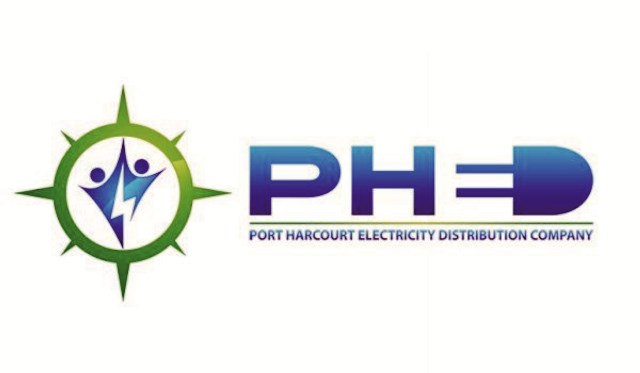
The management of the Port Harcourt Electricity Distribution Plc., has expressed surprise and disappointment over the picketing of its offices across the franchise area by the leadership of the National Union of Electricity Employees, NUEE, early this morning.
PHED in a press statement signed by the Manager, Corporate Communication, John Onyi said “the picketing has disrupted the activities of PHED in Akwa Ibom, Cross River, Bayelsa and Rivers states in distributing power supply to its customers thereby leading to grounding of economic activities in the states.”
The statement added that; “the avoidable action of the Union is becoming one too many for a service provider with the mandate of the Nigerian Electricity Regulatory Commission to distribute power supply in its franchise area seamlessly.”
According to the statement, the Union had through press interviews and pamphlets in circulation adduced the following reasons for embarking on the picketing;
“Refusal of Management to sign Condition of Service and Procedural Agreement, refusal to remit already deducted check-off dues, insensitivity to workers welfare and obnoxious policy of restructuring and repositioning,” the PHED Management denied the accusations by NUEE and stated that the leadership of Dr. Henry Ajagbawa had made commitments towards addressing the issue of Condition of Service. The statement disclosed that, “after painstaking corrections/input from both parties, it was agreed for signing on the 23rd May 2020. The stage was set for the signing but NUEE did not turn up but Senior Staff Association of Electricity and Allied Companies did and today SSAEC has a copy of the signed copy. PHED is still wondering why NUEE did not come for the signing.”
“On the 1st June 2020, another meeting was fixed at their instance and as a responsive organisation, PHED obliged them and that was the last time we heard from the Union until today.
“The Union check- off dues has been up – to- date in terms of remittance except two months in 2019 that are having reconciliation issue with the bank”.
“We are aghast on the claim by the Union that PHED is insensitive to the welfare of the workers when salaries of the workers have been up – to – date. Not only that PHED gave permanent appointment to over 60 DISOs who were formerly outsourced with mouth watering salary. Recently, the management recruited 355 graduates from different fields to fortify the existing workforce and in all this, nobody has been sacked.It is also noteworthy to mention that under Dr.Ajagbawa,salaries are not paid later than 30th of every month,a rare occurrence prior to this time.”
The PHED management also denied being aware of the de-listing of NUEE members, noting that membership of NUEE or SSAEC was voluntary, adding that PHED was labour friendly and its doors are always open to dialogue with the Unions.
Taneh Beemene
Oil & Energy
FG, MEMAN Chart Ways To Safe Petroleum Products Delivery
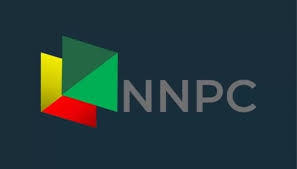
The Federal Government and key Petroleum Products marketers have proposed new measures to help curb rising cases of road accidents involving petrol tankers.
This followed recent incidents of road accidents resulting in cremation of hundreds of lives and causing extensive damage to properties.
Speaking at the Discourse organised by Mejor Energy Marketers Association of Nigeria (MEMAN) in Lagos, Thursday, with the theme “Improving Safe Transportation of Petroleum Products”, the Minister of State for Petroleum Resources (Oil), Heineken Lokpobiri, noted with dismay the number of casualties the country recorded recently due to tanker accidents.
Lokpobiri stressed the need for an enhanced training for tanker drivers, installation of detection leak devices as well as other safety systems that can assist drivers.
He called on Marketers and Federal Road Safety Commission (FRSC) to strengthen collaboration with stakeholders, especially in the training of tanker drivers.
On his part, the Minister of State for Petroleum Resources (Gas), Ekperikpo Ekpo, reaffirmed government’s commitment to providing enabling environment to ensure safety of petroleum products transportation.
Ekpo, who was represented by Engr. Abel, said consideration should be given to more safety means of transporting products like the pipelines and railway line.
He stressed the need for better training for drivers and implementation of safety regulations within the industry.
Earlier, Chairman, MEMAN, Huub Stokman, said the Association has elaborate training manual for members truck drivers.
Stokman insisted that more training programmes and consistent adherence to safety measures would help to curb road accidents involving tanker drivers.
Also speaking, the National President, Nigerian Association of Raod Transport Owners (NARTO), Yusuf Lawal Othman, called for support.
Oil & Energy
Benue To Pioneer Gas Production From Coal – NGEP

The Chairman, National Gas Expansion Programme (NGEP), Prof. Mohammed Ibrahim, has said that the production of coal bed methane, an unconventional form of natural gas extracted from coal, is set to begin in Benue State.
Prof. Ibrahim staed this while addressing newsmen at the end of a joint meeting of the National and State gas expansion committees with Benue State Governor, Hyacinth Alia.
He said the Federal Government is committed to expanding gas availability in Nigeria for domestic use and mobility.
Ibrahim added that extracting gas from unconventional coal sources rather than traditional hydrocarbon reserves is a way to boost gas availability.
“Essentially there are four areas of implementation that the committee has identified. One is to pioneer the production of gas from what you call coal bed methane, which means that Benue is going to pioneer in the country the production of gas not from conventional hydrocarbon, but from non-conventional coal just so that the nation will have an alternative source to gas availability”, he said.
Also speaking, the Chairman, Benue State Gas Expansion Programme, Dr. Emmanuel Chenge, said the gas expansion initiative would contribute to the economic transformation of Benue State.
“The good news is that Benue is set to join the league of gas-producing states and if we are conversant with what being a member of the gas-producing state is, it shows that Benue State will start getting derivatives from that sector of the economy”, Dr Chenge stated.
The National Gas Expansion Programme (NGEP) was established to boost the exploration and utilisation of gas in Nigeria and make Nigeria a gas-based industrial nation by increasing the use of gas for transportation, cooking, and industrialization.
Oil & Energy
NNPC Debunks Explosion Claim In Warri Refinery

The Nigeria National Petroleum Company Limited (NNPCL) has said there was no explosion at the newly refurbished Warri Refining and Petrochemical Company (WRPC).
NNPCL’s Chief Corporate Communications Officer, Olufemi Soneye, made this known in a statement issued on Friday night.
Soneye said reports claiming that there was an explosion at the Warri refinery were false and should be ignored and disregarded by the public.
According to him, the refinery was undergoing routine maintenance.
His statement read, “NNPC Ltd. wishes to clarify that there was no explosion at the Warri Refining and Petrochemical Company (WRPC). Any reports suggesting otherwise are completely false.
“On January 25, 2025, operations at WRPC Area 1 were intentionally curtailed to carry out necessary intervention works on select equipment, including field instruments that were impacting sustainable and steady operations.
“These intervention works are essential to ensure the production of on-specification finished and intermediate products, particularly Automotive Gas Oil (AGO) and Kerosene (Kero).
“The routine maintenance is progressing as planned, and Area 1 will be back in operation within the next few days.
“Despite ongoing interventions, over the past 11 days, AGO loading has been maintained at an average of eight trucks per day, with a sufficient supply available to sustain ongoing truck load-out operations”.
Soneye added that the NNPCL was committed to ensuring an uninterrupted supply of petroleum products from the refinery.
He said the company “appreciates the patience and cooperation of all stakeholders as it completes these essential maintenance activities”.
-
News4 days ago
OBJ’s ADC, Jemitola, Slumps, Dies At IBB Golf Club
-
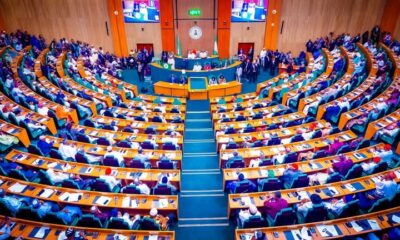
 Featured4 days ago
Featured4 days agoReps Propose Creation of 31 New States
-

 Editorial1 day ago
Editorial1 day agoNew Federal Varsity In Ogoni
-
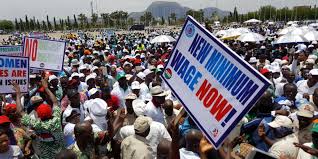
 News1 day ago
News1 day agoN70,000 Minimum Wage States’ Salaries Rise By 90% To N3.8trn
-
Nation4 days ago
Group Plans Pilot Farm Programme For 50 Schools
-

 Oil & Energy1 day ago
Oil & Energy1 day agoWAPCo Commences Four-Week Pipeline Maintenance
-

 Business1 day ago
Business1 day agoMAN Warns Against Electricity Tariff Hike
-
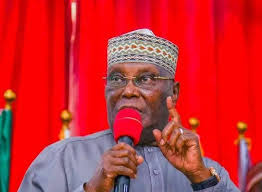
 News1 day ago
News1 day ago2025 Budgets: I Hope Snake, Monkey Won’t Swallow This One-Atiku

